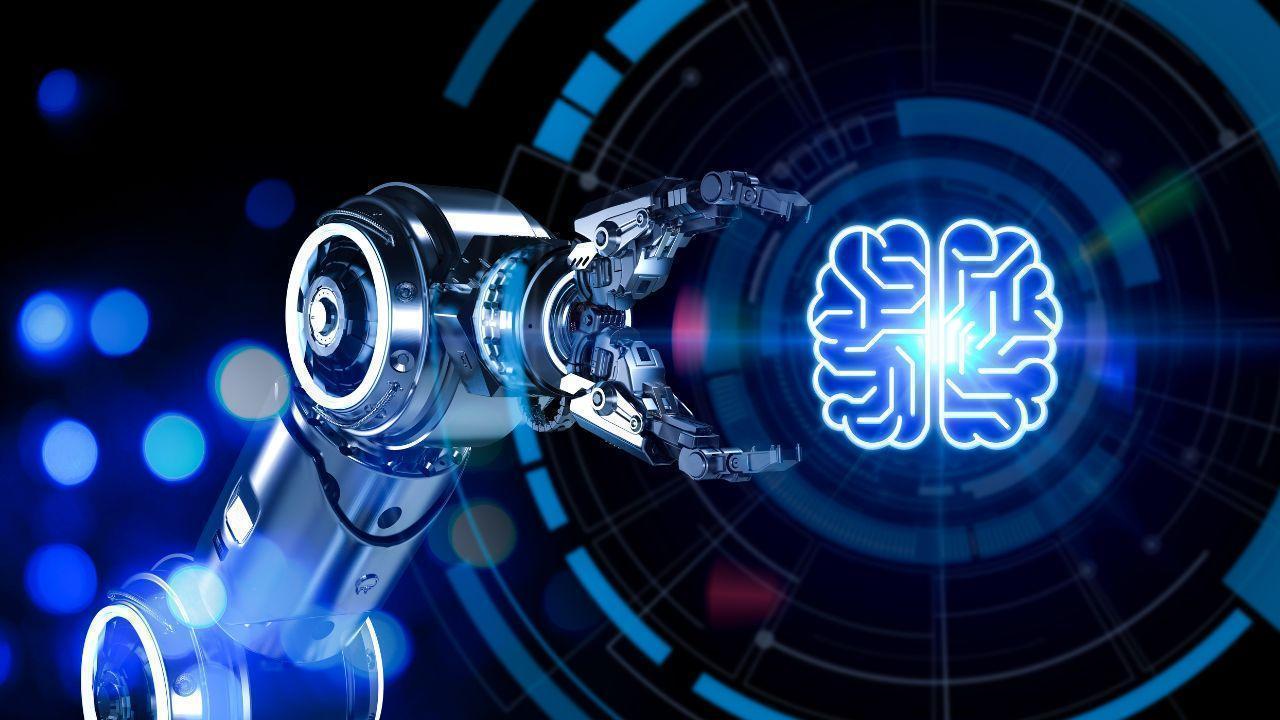
Post by: Vansh Kumar
The Role of AI and Robotics in Creating New Jobs
Technology is advancing rapidly, and one of the most significant developments in recent years is the impact of robotics on the future workforce. Robotics and artificial intelligence (AI) are revolutionizing various industries, changing the way people work, and reshaping the job market. From manufacturing to healthcare, robots are taking on complex tasks that were once exclusively handled by humans. But what does this mean for workers, businesses, and the economy? Let’s explore how robotics is shaping the future of work.
Automation and Job Transformation
One of the biggest concerns about the impact of robotics on the future workforce is automation replacing human jobs. In sectors like manufacturing, logistics, and customer service, robots are already performing repetitive tasks with speed and precision. While this shift has led to job displacement in some areas, it has also created new opportunities. Instead of eliminating jobs entirely, automation is transforming job roles, requiring workers to adapt and develop new skills to stay relevant.
Industries Most Affected by Robotics
Several industries are seeing major changes due to advancements in robotics. In manufacturing, robotic arms and automated assembly lines are improving efficiency and reducing costs. The healthcare industry benefits from robotic-assisted surgeries, AI-powered diagnostics, and automated patient care. The retail sector is incorporating robotics in inventory management, self-checkout systems, and even customer service chatbots. In agriculture, drones and robotic harvesters are increasing productivity. These innovations demonstrate how robotics is revolutionizing multiple fields, making processes faster and more efficient.
The Role of AI and Robotics in Creating New Jobs
While robotics may replace some jobs, they also create new employment opportunities. Companies now require skilled professionals to develop, maintain, and program robotic systems. The rise of AI and automation has led to an increasing demand for robotics engineers, data analysts, AI specialists, and cybersecurity experts. Additionally, industries need human oversight to manage and optimize robotic functions, ensuring they operate smoothly and ethically. As a result, new job categories are emerging, requiring workers to upskill and adapt to the evolving landscape.
Skills Needed in the Age of Robotics
To thrive in a workforce influenced by robotics, individuals must acquire new skills. Technical expertise in robotics engineering, programming, and AI development is crucial for those looking to work directly with automation. However, soft skills such as critical thinking, problem-solving, adaptability, and creativity will remain essential. As robots handle repetitive tasks, human employees will focus on decision-making, innovation, and customer interaction. Investing in continuous learning and digital literacy is key to staying competitive in a tech-driven job market.
Robotics and the Future Workplace
The integration of robotics into the workplace will lead to a hybrid model where humans and machines collaborate. Many businesses are adopting cobots (collaborative robots) that assist workers rather than replace them. For instance, in warehouses, robots transport goods while humans handle quality control and management. Similarly, in offices, AI-powered assistants streamline administrative tasks, allowing employees to focus on strategic and creative work. This new dynamic will redefine workplace structures and workflows, fostering greater efficiency and productivity.
Economic and Ethical Implications
Beyond job displacement, the impact of robotics on the future workforce raises ethical and economic questions. As automation becomes more prevalent, concerns about income inequality and workforce polarization grow. Governments and organizations must implement policies that ensure fair wages, retraining programs, and economic support for affected workers. Additionally, ethical considerations regarding AI decision-making, privacy, and accountability need to be addressed to prevent misuse and bias in automated systems.
The Need for Workforce Adaptation
Adapting to a robotic-driven workforce requires collaboration between governments, businesses, and educational institutions. Policymakers must create strategies that support worker transition into new roles, while companies should invest in employee training and reskilling programs. Schools and universities must integrate STEM (Science, Technology, Engineering, and Mathematics) education into curriculums to prepare future generations for robotics-influenced careers. A proactive approach to workforce development is essential to ensure that technology benefits everyone rather than leaving workers behind.
Summary
As robotics and AI continue to advance, the impact of robotics on the future workforce is becoming more evident. While automation is transforming industries like manufacturing, healthcare, and retail, it is also reshaping job roles. Although some positions may be replaced, robotics is creating new employment opportunities, demanding workers to acquire technical and soft skills. The workplace is evolving into a hybrid model where humans and machines collaborate. Governments, businesses, and educators must work together to ensure workforce adaptation, ethical AI implementation, and economic support for affected workers. Embracing this change is key to thriving in a technology-driven future.
Disclaimer
The information provided in this article is for general informational purposes only. While we strive to ensure accuracy, DXB News Network does not guarantee the completeness, reliability, or suitability of the content. Readers are encouraged to verify details independently and seek professional advice where necessary. The views expressed are those of the author and do not necessarily reflect the position of DXB News Network. We are not responsible for any decisions made based on this information.
#trending #latest #Robotics #AI #FutureWorkforce #Automation #Technology #Innovation #ArtificialIntelligence #Jobs #FutureOfWork #TechRevolution #breakingnews #worldnews #headlines #topstories #globalUpdate #dxbnewsnetwork #dxbnews #dxbdnn #dxbnewsnetworkdnn #bestnewschanneldubai #bestnewschannelUAE #bestnewschannelabudhabi #bestnewschannelajman #bestnewschannelofdubai #popularnewschanneldubai

Sheikh Sultan bin Mohammed Al Qasimi condoles with Sheikh Saud bin Rashid Al Mualla on the death of his mother, Sheikha Hessa bint Hamid Al Shamsi....Read More.

Nigerian boxer Gabriel Oluwasegun Olanrewaju dies after collapsing in the ring during a fight in Ghana. He was 40. Tragic loss for the boxing community....Read More.














Ananya Panday Shines at IPL 2025 with Stunning Dance Performance
Bollywood star Ananya Panday dazzled the crowd at Wankhede Stadium with her energetic dance before M

Foreign Minister Joins Heritage Foundation Discussion in Washington
Dr. Abdullatif Al Zayani attended a session at the Heritage Foundation in Washington, discussing Bah

ChatGPT Hits 1 Million Users in an Hour with Ghibli AI Art
OpenAI's new image feature, creating Ghibli-style AI art, goes viral. ChatGPT added 1 million users

UConn Joins Top Seeds in Women’s Final Four
UConn, South Carolina, UCLA, and Texas are in the Women’s Final Four. It’s set to be an exciting sho

7 Free Ghibli-Style AI Image Editors to Try Now
Transform your images into Ghibli-style art with these 7 free AI tools. From dreamy landscapes to an